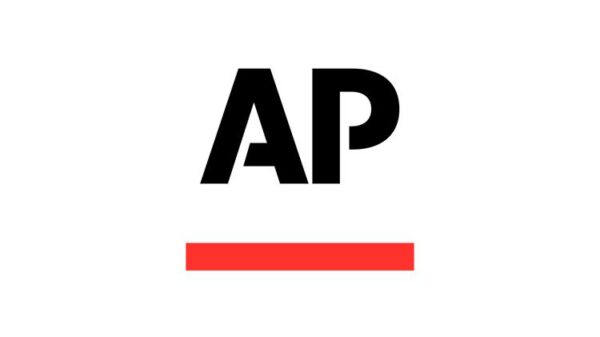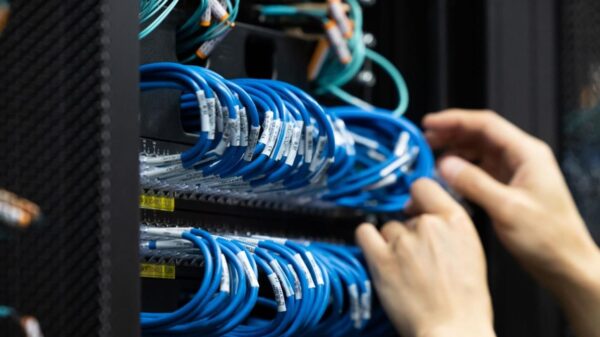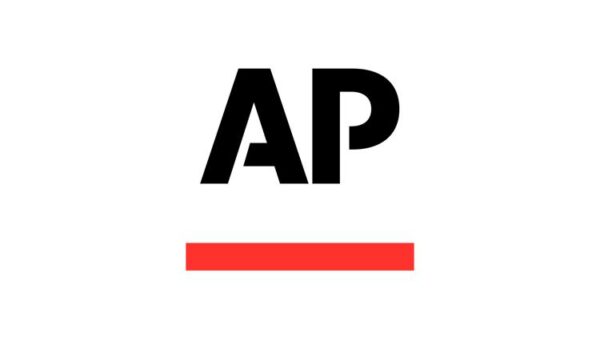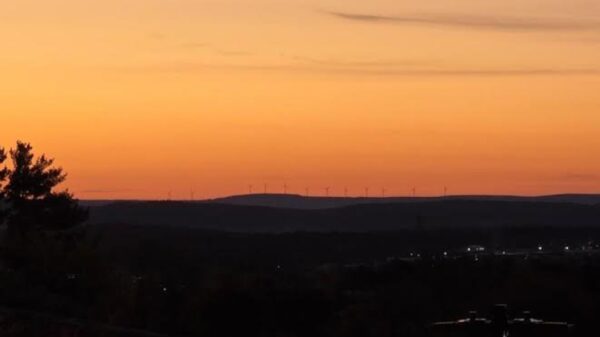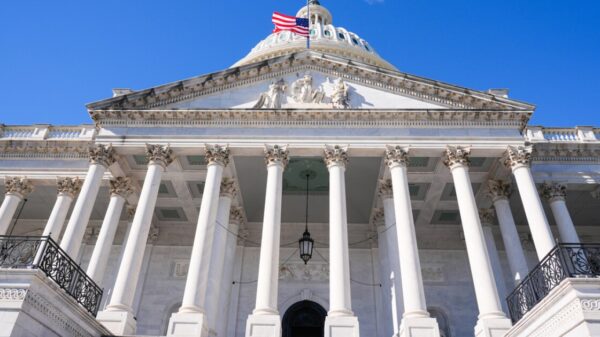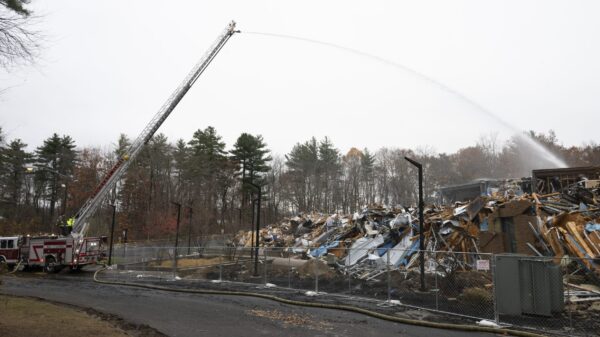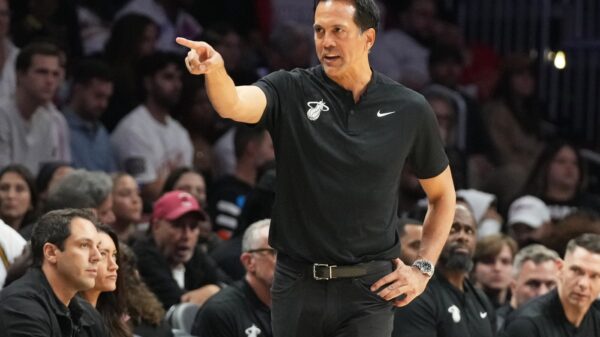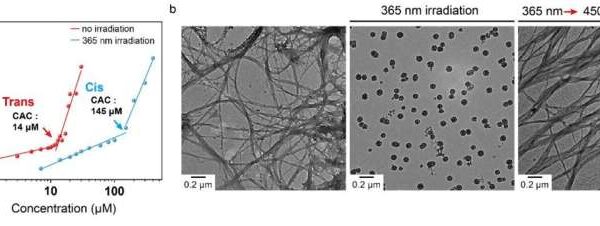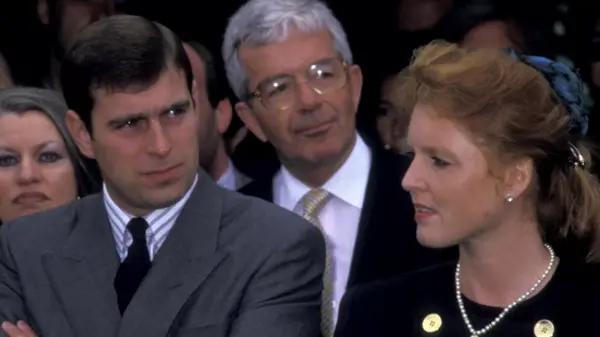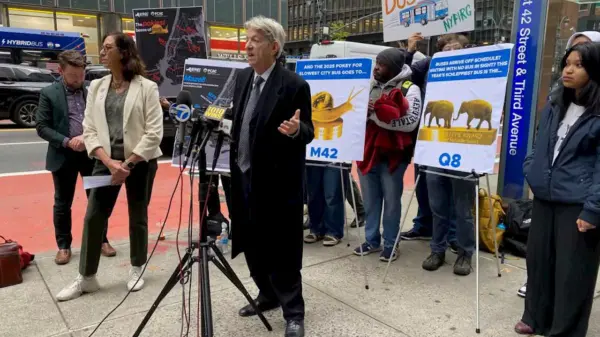NV Energy’s recent announcement regarding a new “demand charge” has sparked significant concern among residential customers in Nevada. The utility company, which provides electricity to millions, plans to change its billing structure, potentially increasing costs for many households. This decision comes as the state grapples with rising energy demands during peak usage times, particularly in the summer months.
Customer Impact and Concerns
As outlined in a report by the Review-Journal, NV Energy’s spokesperson suggested that “some customers may actually see a decrease” in their bills. This claim has raised eyebrows among consumers and advocates who question the fairness of the new charges. The implementation of the demand charge will coincide with periods of high energy consumption, which typically align with intense air conditioning use during the day.
Critics argue that this change could disproportionately affect residential customers, who are likely to experience higher energy bills. The new billing method aims to charge customers based on their maximum energy consumption during peak hours, which many fear will lead to increased costs. “This is just another ‘sleight of hand’ to raise energy bills,” one concerned resident expressed, highlighting the frustration felt by many in the community.
Understanding the Demand Charge
The demand charge is designed to reflect the actual cost of providing electricity when it is most needed. While the initiative aims to encourage energy conservation and manage peak demand, many customers are worried about the implications for their monthly expenses. With summer temperatures rising, the timing of this change has led to calls for greater transparency from NV Energy.
As many homeowners rely heavily on air conditioning during the hottest months, the overlap between peak demand times and high AC usage raises questions about the practicality of this new pricing model. Critics assert that instead of reducing costs, the demand charge may lead to confusion and higher bills for average consumers.
In light of these concerns, residential customers are advised to monitor their energy usage closely and consider adjusting their consumption patterns to mitigate potential increases in their bills. The situation underscores the ongoing debate surrounding energy pricing and consumer rights in Nevada.
As NV Energy moves forward with this plan, it remains to be seen how these changes will affect customer satisfaction and energy consumption behaviors in the state. The community continues to voice its apprehensions, hoping for clarity and fairness in the new billing practices.







